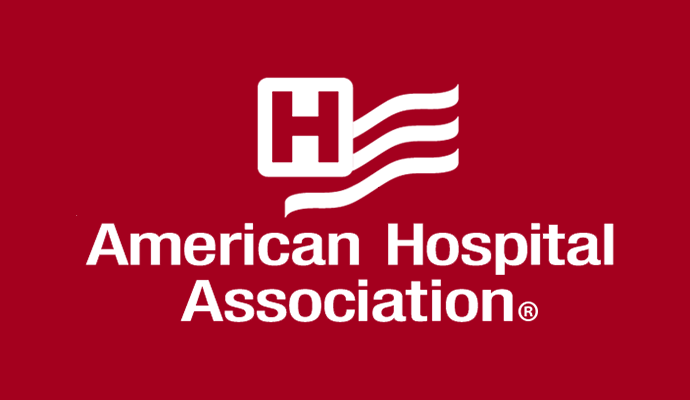AHA Calls for Easier On-Ramp for Bundled Payments, Episode-Based Payments
The organization said CMS should offer resources and a better “on-ramp” for those transitioning to bundled payments and taking on more risk.

Source: American Hospital Association
- The American Hospital Association wants it to be easier for hospitals nationwide to begin adopting episode-based payment models, such as bundled payments, the trade association wrote in a recent letter to the Centers for Medicare and Medicaid Services (CMS).
The letter addressed to CMS Administrator Chiquita Brooks-LaSure comes in response to a CMS request for information (RFI). It outlined a number of changes and guidelines that AHA says CMS should bear in mind while developing episode-based payment models.
AHA hospitals are no stranger to bundled payment models developed by the Center for Medicare and Medicaid Innovation (CMMI), with the organization touting experience with Bundled Payments for Care Improvement (BPCI), BPCI Advanced (BPCI-A), and Comprehensive Care for Joint Replacement (CJR).
Through that experience, AMA crafted a number of core principles it says CMS should consider as bundled payment models continue to evolve, not least of which include making it easier for organizations to begin participation in bundled payment models.
This means having flexible model design that has voluntary participation, the ability to choose individual clinical episodes, and the ability to add components or adopt waivers. AHA also called for resources to help organizations invest in the staffing and infrastructure needed to actually start participating in a bundled payment model. That includes providing an appropriate on-ramp for participation.
AHA also touched on the issue of risk, first stating that models should have adequate risk adjustment to account for participants treating the “sickest, most complicated and underserved patients,” the organization said.
Risk should also be balanced with reward. While AHA acknowledged that hospitals need to take on risk, it said that models should adequately balance that risk such that providers do not get penalized if they need more time and experience before they can take on more risk.
Other recommendations included methodology transparency, guardrails to ensure hospitals do not compete against their own best performance, adequate model duration, and access to data regarding participants’ patient populations.
AHA’s letter touched on a few other improvement areas of bundled payments, stressing its points about voluntary participation, allowing participants to choose clinical episodes categories, and making it easier for participants to take on more risk. It also emphasized the importance of aligning quality measure data requirements, using patient-reported outcomes measures, and supporting multipayer alignment.
Notably, AHA acknowledged the health equity portions of the CMS RFI, commending the agency for working to improve health equity and address health-related social needs (HRSNs). AHA added that CMS bundled payment models should account for HRSNs in payment and quality measures.
Additionally, AHA recommended that CMS and CMMI share any HRSN data with participants to help participants tailor their approaches to bundled payments. Such an effort should entail promoting standardized HRSN data collection.
Alongside the recommendations, AHA reiterated its support for the industry’s transition to value-based care, particularly by way of episode-based payment models.
“Our members support the U.S. health care system moving toward the provision of more accountable, coordinated care and are continuing to redesign delivery systems to increase value and better serve patients,” AHA wrote in the letter. “We believe that episode-based payment models could help further these efforts to transform care delivery through financial accountability and improved care coordination.”
